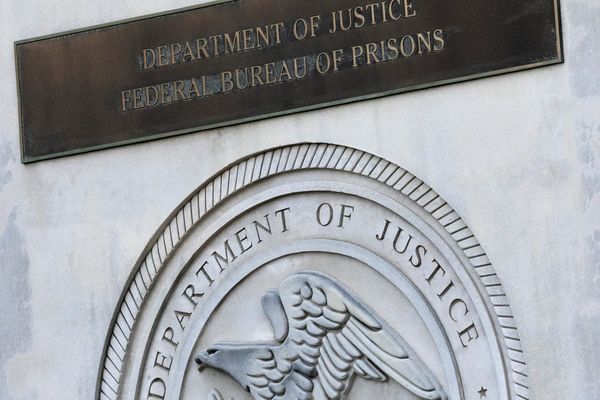
The biggest rift in Christianity in centuries is expected to open up after a new Orthodox church in Ukraine gained formal independence from Moscow in a move set to heighten geopolitical tensions in the region.
The newly elected head of the Ukrainian Orthodox church travelled to Istanbul to receive the “tomos”, or decree of autocephaly (independence), from the Patriarch of Constantinople, Bartholomew I, in an elaborate ceremony in St George’s Cathedral on the eve of the Orthodox Christmas.
“The pious Ukrainian people have awaited this blessed day for seven entire centuries,” Bartholomew said in his address on Saturday.
The Ukrainian church has been under the jurisdiction of the Moscow patriarchate since 1686, and its independence is a heavy blow to Moscow. The Russian church, which currently has about 150 million Orthodox Christians under its authority, could lose a fifth of its members.
In a move expected to split the 300 million-strong global Orthodox church, the Russians have said they will break off relations with Constantinople as a result of Bartholomew’s decision to grant independence to the Ukrainian church. Orthodox churches in other countries are aligning with Moscow or Constantinople in the rift.
The row over independence for the Ukrainian church is seen as a proxy for political tensions between Moscow and Kiev. In 2014 – more than two decades after Ukraine broke away from the former Soviet Union – Russia annexed the Crimean peninsula and supports separatist rebels in the east of the country.
Constantinople’s recognition of an autonomous church is a boost to Ukraine’s president, Petro Poroshenko, who is facing a tough battle for re-election in March. He has backed autocephaly as part of a pushback against Russian influence in Ukraine.
Kiev claims Moscow-backed churches in Ukraine are a Kremlin tool to spread propaganda and support fighters in the east in a conflict that has killed more than 10,000 people. The churches strongly deny this.
Last month, Poroshenko and scores of bishops chose Metropolitan Epiphanius as the head of the new Ukrainian Orthodox church in a ceremony at St Sophia’s Cathedral in Kiev.
Accompanied by solemn liturgical singing at the packed Istanbul ceremony on Saturday, Poroshenko thanked Bartholemew “for the courage to make this historic decision,” adding: “I want to thank the generations of Ukrainians who dreamed … and finally God sent us the Orthodox church of Ukraine.”
The Russian president, Vladimir Putin, wants the Ukrainian church to stay within Moscow’s orbit, and has warned of “a heavy dispute, if not bloodshed” over attempts to reassign ownership of church property.
The leader of the Russian Orthodox church, Patriarch Kirill, is a close ally of Putin, whom he has described as “a miracle of God”. Kirill has also objected to Bartholomew’s close relationship with the Roman Catholic church and Pope Francis, and has long seen Moscow as a rival power centre to Constantinople.
Bartholomew, who is “first among equals” of Orthodox patriarchs, criticised Moscow’s intention to break off relations as “a form of pressure and coercion in order to make others agree with one’s opinions is unacceptable” in a homily last month. He added: “I’m certain that soon our sister church of Russia will repent for this extreme decision.”
Meanwhile, Putin said: “I think Bartholomew’s main incentive and motive is to subdue this territory and then start profiting from it.”
In recent weeks, the Ukrainian security service, the SBU, has searched church property, including the home of the father superior of Kiev’s biggest and oldest monastery, which is part of the Russian Orthodox church.
Igor Guskov, the SBU’s chief of staff, said the cleric was suspected of “inciting hatred”.
The SBU has denounced the Moscow patriarchate as a tool of the Kremlin and has questioned priests loyal to Moscow.







